Profile: Richard Johnston - from plumber to pro photographer
Not all that long ago you would have been more likely to find photographer Richard Johnston wielding a blow torch or working a pipe bender rather than dealing with the intricacies of shutter speed and aperture. It took seven years working as a plumber and a unique series of events before the 30 year old from New South Wales realised his true calling lay in a world far away from pipes and fittings.
Today he is a professional freelance photographer based on Sydney’s northern beaches and like many modern pros, Johnston’s business largely revolves around an eye-catching website that reflects his favourite subjects: surf, travel, aerial, wildlife, landscape, and more recently, wedding photography.
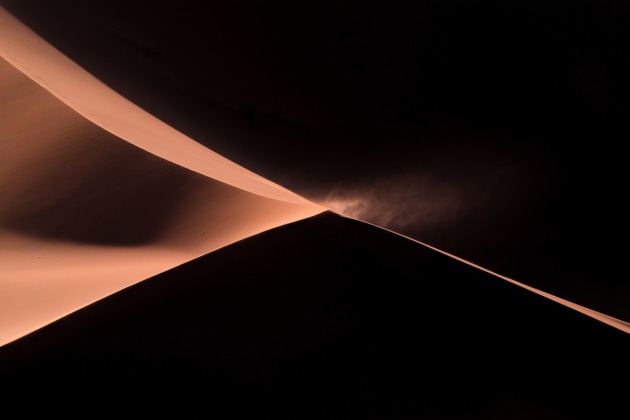
Starting out
Like many successful photographers, Richard Johnston became interested in the art at a young age while still at school. But it took time before he seriously looked at pursuing photography as a career.
“Throughout high school I invested a lot of my time into film and, when given the option, studied photography as an elective,” he explains.
Throughout his school years he would photograph his friends surfing at local reef breaks on the Central Coast. Surf photography is expensive, and his initial setup cost around $8000 paid for after three years packing shelves at his local Woolworths. But it was worth it. At just 16 years of age he jumped on a plane for Hawaii with the aim of filming Oahu’s famous big wave Pipeline from the water. By 2004, his footage had featured on Tension 7, a popular bodyboarding video series.
“Back then I used to film bodyboarding and although I enjoyed it, unfortunately I couldn’t see too much of a financial future in it for myself,” he says.
Following school, Johnston took six months off to work in the Canadian snowfields but when he returned home, like many young people starting out in the workforce, he was undecided on the direction to take. He eventually chose the security of learning a trade – something to fall back on if the need ever arose.
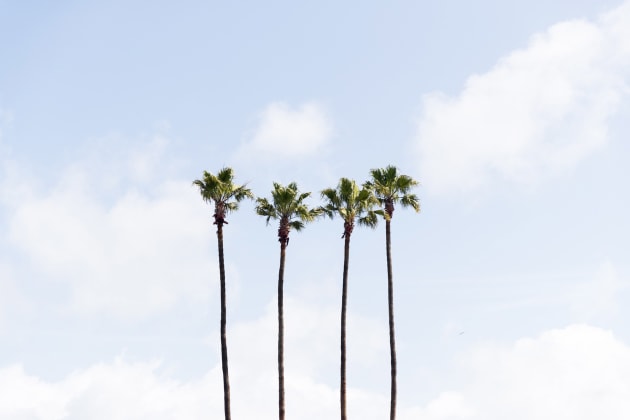
Trading in the tools
After working as a plumber for several years the reality of long hours in a career Johnston wasn’t passionate about eventually started to weigh heavy.
“Plumbing is a good trade but it’s not exactly something I was passionate about,” he says.
In 2014 he was needing a break so decided to book a holiday to South East Asia with his partner. Prior to leaving he thought a “half decent” holiday demanded he take some reasonable photos. He bought a second-hand Canon 5D Mk II. The purchase was to prove a turning point.
“After working for seven years as a plumber that trip coupled with the purchase of the camera reminded me what it was like to be behind the lens and I quickly came to realise what I had been missing,” he explains.
A year and a half later Johnston suffered two serious back injuries at work that saw him bedridden, and it seemed fate was finally sending him a message.
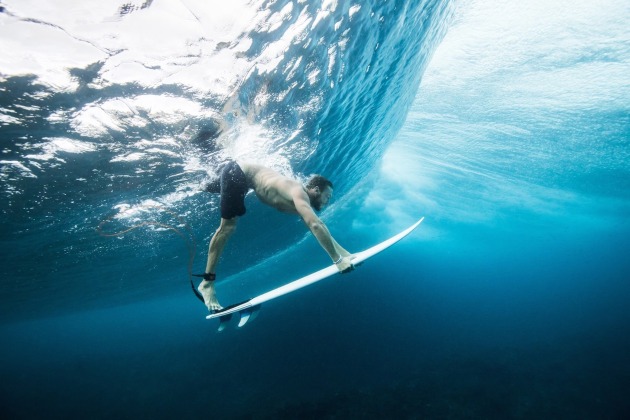
Award winning photo
In 2016 Johnston entered the Canon Light Awards and walked away with the winning photo in the Grand Final’s Full Frame category. He says the shot fortuitously came about because his partner had wanted to buy a photograph of some clouds to hang above the bed as a feature.
“I said to her, ‘I'll take the photo for you,’ as you do.”
The opportunity presented itself on the NSW Central Coast when wild storm activity had him racing down to nearby Wamberal beach where, in his words, he “set the tripod up, dialed the camera in with a slow shutter speed and began taking a sequence of images to capture the moment when the lighting would flash”.
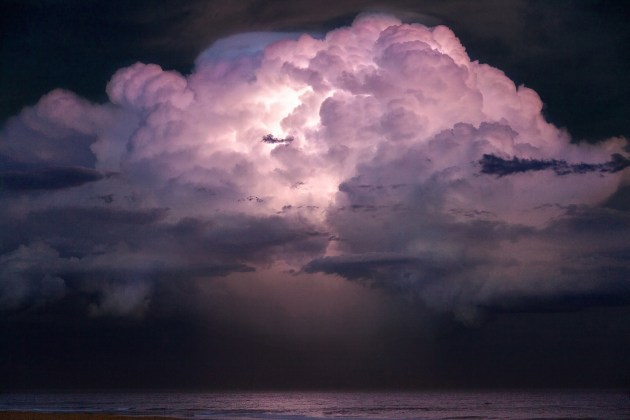
Johnston liked what his camera had captured, and obviously so did the judges of the Canon Light Awards – Georges Antoni, Mike Langford, Steven Dupont, Darren Jew and Sally Fitzgibbon. His winning image was awarded a trip to Africa where he made the most of the opportunity to photograph the country’s incredible wildlife and vast dry landscape.
“It was incredible, I’d never won anything in my life prior to that so it was an accomplishment I am still very proud of.”
While Johnston’s award-winning image ‘Ocean Storm’ jump-started his photography career the resulting trip to Africa provided the ongoing charge.
His primary focus since then has always been to produce and sell his work via his lonelyhunterphoto.com website. The business name came to Johnston while driving home one night with the newly framed Ocean Storm image on the back seat and The Foals song ‘Lonely Hunter’ playing on the car stereo.
“It had a nice ring to it and seemed quite appropriate… Most of the time when I’m in the field, I’m out there by myself hunting for images, so it kind of works.”
Johnston’s pro photography career had begun.
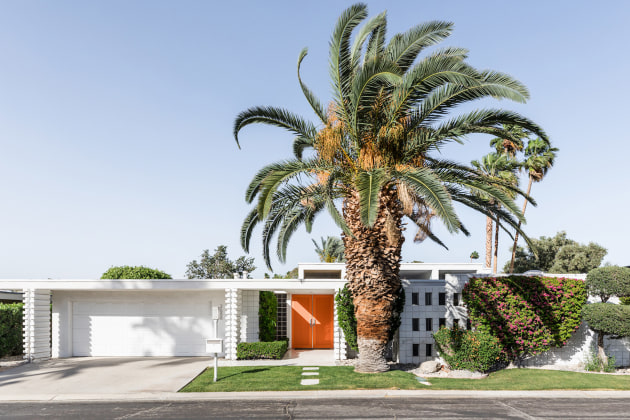
All in the family
With a family history of photography and film which spans three generations, Johnston believes his love for cameras and photography is entwined in his DNA. Without being directly influenced by his father due to his early passing Johnston says the adage “the apple doesn’t fall far from the tree” rings true in his case.
Having used wedding photography to supplement his income, Johnston recently discovered his grandfather also shot weddings while pursuing a film career.
“My grandfather Roderick was involved with a lot of large projects but one which may be familiar to some are the old Paul Hogan Winfield ads that he directed. My dad Hugh was also involved with film and television…so it seems subconsciously I’ve followed a similar path to them. There’s a long family history of being around cameras,” he explains.
Perhaps an indication of the variety of photographic genres featured on his website, Johnston tells AP he feels he needs to have a wide variety of fine art prints to cater to different needs and tastes.
“While there can be benefits to focusing on one genre of photography, I do enjoy the freedom and endless possibilities that come with collecting a variety of work for my site. I have always been told that if you want to succeed you need to focus on one subject and one subject only, but I don’t believe that to be true. In order to truly be the best you can be you need to thoroughly understand every aspect of the craft.”
While Johnston doesn’t describe himself as a “gearhead” he currently shoots with a Canon 1DX Mk II, 70-200mm f2.8L and 16-35mm f2.8L lenses. He’s also recently added a Canon 5D Mk IV and 24-70 f2.8L lens to his arsenal.

Techniques
Johnston says he likes to analyse the direction of light before determining the best possible composition. Perhaps much like his past as a skilled tradesman he first inspects “the job” and works out what needs to be done to achieve the end result.
“Some images require a fast shutter speed to freeze the action, while others require a slower shutter speed to convey movement. It depends on the sort of mood I’m going for. I just try to make it look as visually appealing as possible.”
Johnston likes to spend as little time post processing as possible, preferring to get it right in camera.
“Mostly my images only require small tweaks but occasionally I’ll take a more artistic approach,” he explains.
“The more you practice, the better you’re going to get. I find it’s a combination of shooting and reviewing your shots to find what works and what doesn’t. You need to break your images down, look at what you like about them and what you don’t or what you could have done better. That way your technique will improve time and time again.”
He credits the internet as being a great source of information for learning techniques and handy tricks. He says he read a lot of articles and watched a number of tutorials when starting out.
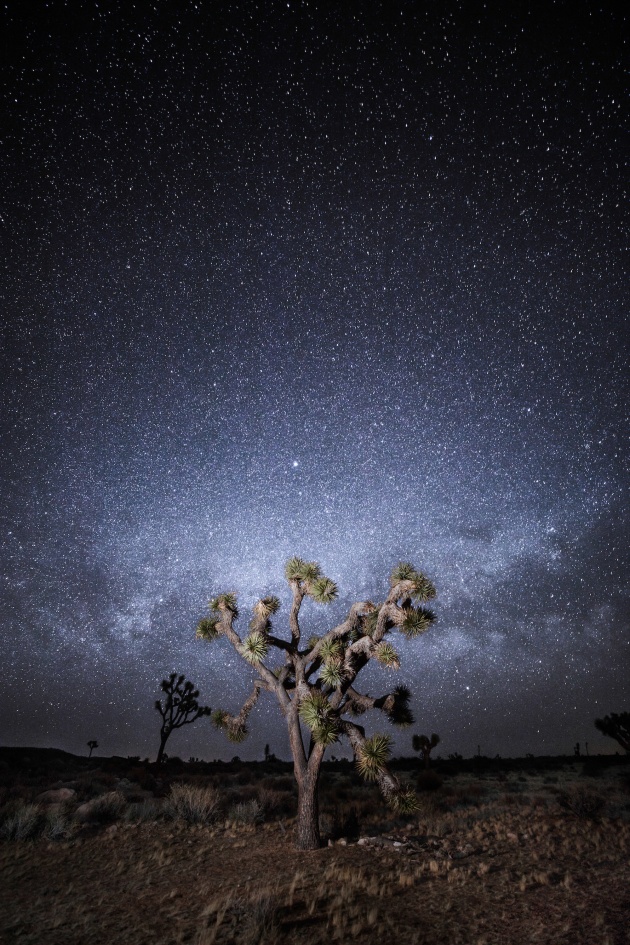
Future goals
Johnston readily admits that professional photography is a difficult industry to break into.
“The end goal for me has always been to have my own gallery. Additionally, I would also like to run workshops around the world where I can teach others some of the skills I have learnt over the years.”
When asked about the differences and any similarities between being a plumber and a photographer, Johnston points out a factor any creative person would relish.
“Rather than have my work hidden behind walls it’s actually hung in front of them for a change, which is quite nice. I also find problem solving as a similarity between the two … sometimes problems arise and you need to be able to think quickly while on the move to solve the issues.”
You can see more of Richard Johnston’s work at lonelyhunterphoto.com and lonelyhunterweddings.com. ❂















